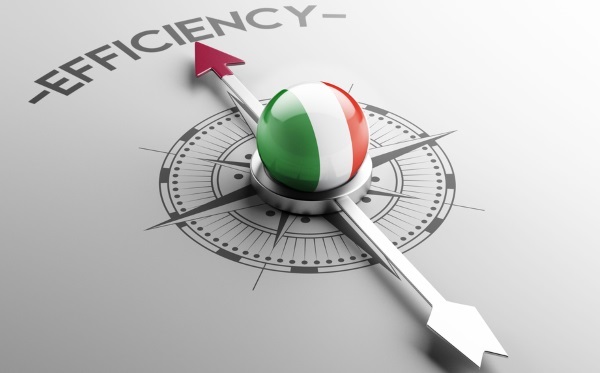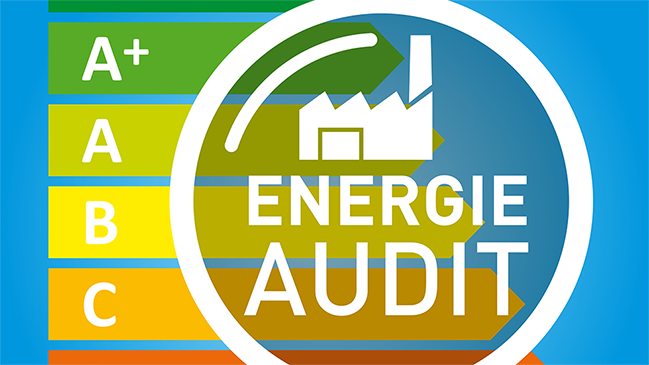Once in a while Italy rules as a best practice in terms of energy efficiency among SMEs. Is good to read in this interesting and accurate article about the Energy audit model implemented by the Italian government, an effective tool to unlock great energy efficiency potential in Europe, considering that SMEs are the heart of European economy, representing 99% of all businesses in the EU.

In Italy the Article 8 of the current Directive 2012/27/EU, also know as Energy Efficiency Directive (EED), has been ratified with the Legislative Decree n. 102 of 04/07/2014. The European EED defines ‘energy audit’ as a systematic procedure with the purpose of obtaining adequate knowledge of the existing energy consumption profile of an industrial or commercial operation, also identifying and quantifying cost-effective energy saving opportunities.
While the EED makes energy audit mandatory for large enterprises, just recommending Member States to develop programmes to encourage SMEs to undergo energy audits, the Italian Legislative Decree 102/2014 obliges large companies and energy consuming companies (using more than 2,4 GWh of energy) to perform an energy audit, not depending on dimensions and thus including many SMEs. It also states that companies have to implement the identified efficiency measures under reasonable time. In addition, the Decree of 12 May 2015 allocated 15 million euro a year until 2020 to co-finance regional programs aiming at delivering energy audits for the SMEs, or for the adoption of an energy management system in compliance with ISO 50001 standards.
The Italian Decree introduced a first deadline on 5 December 2015 for the presentation of the energy audit, to be then performed at least every four years, with the exception of certified companies with ISO 50001, EN ISO 14001 and EMAS. In order to ensure the effectiveness of the provisions, the Italian National Agency for New Technologies, Energy and Sustainable economic development, ENEA, manages a database of enterprises obliged to undergo energy audits, and carry out control to ensure compliance with the audit requirements through an annual random selection (at least 3% of obligated enterprises). According to the annual summary report of ENEA, 14.342 audits were sent by December 2015 from 7.516 companies, increased to 8.461 by the end of June 2016, with 15.685 audits. In 2015 approximately 63% of energy audits was provided by large enterprises, 37% by energy intensive enterprises. The majority of energy audits in 2015 was made by the manufacturing sector, approximately 47% of the total.
Back to Tempco’s business, manufacturing has indeed many opportunities for energy saving initiatives, in all sectors, leveraging on heat recovery applications but also on fine temperature control and process thermoregulation, in such industries as pharmaceutical, chemical, food & beverage, metal working, automotive and power generation.
Back to the Italian model, lastly, in order to ensure high-quality audits, from July 2016 energy audits can only be carried out by certified entities or qualified experts, ESCOs under UNI CEI 11352, EGE under UNI CEI 11339 and Energy auditor under UNI 16247 – 5.

